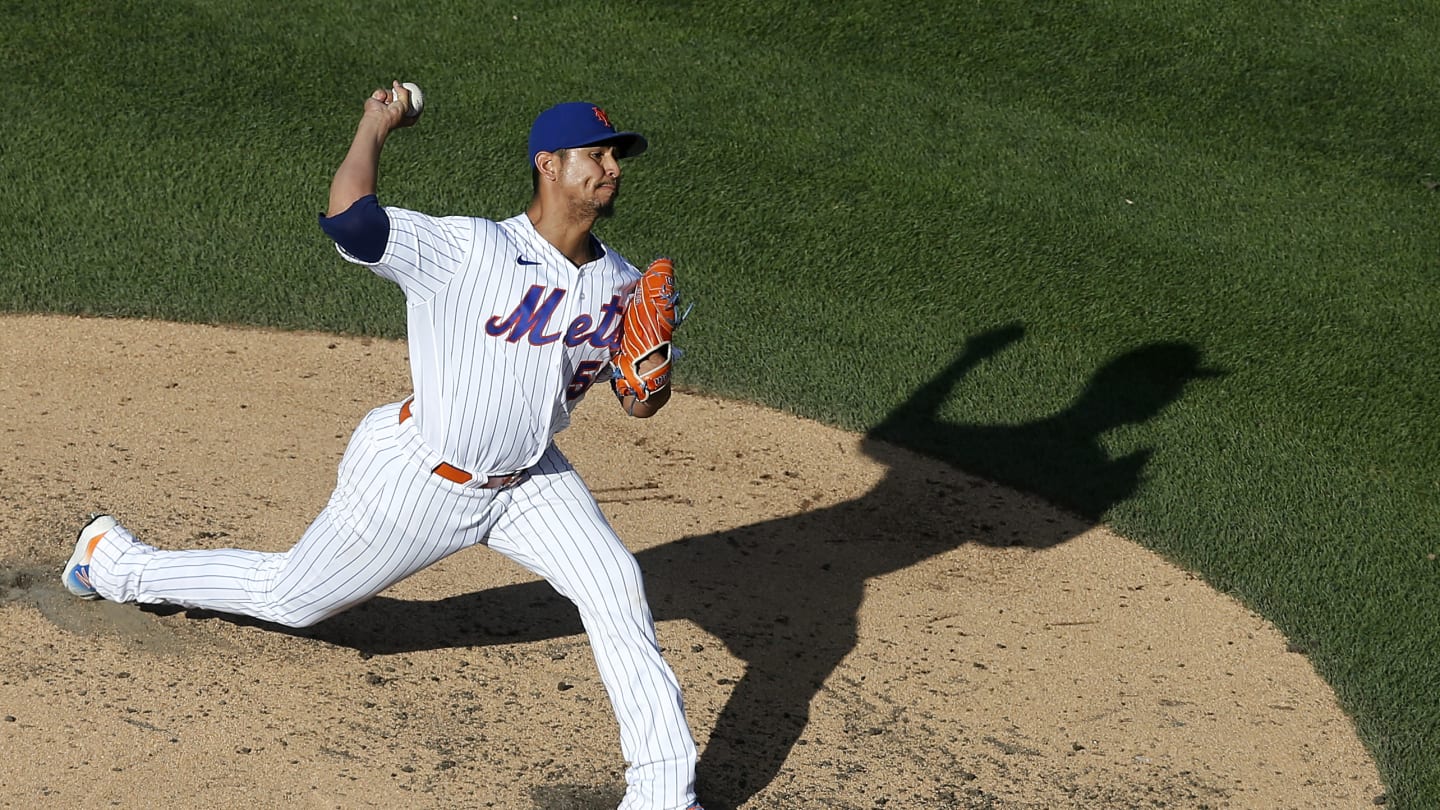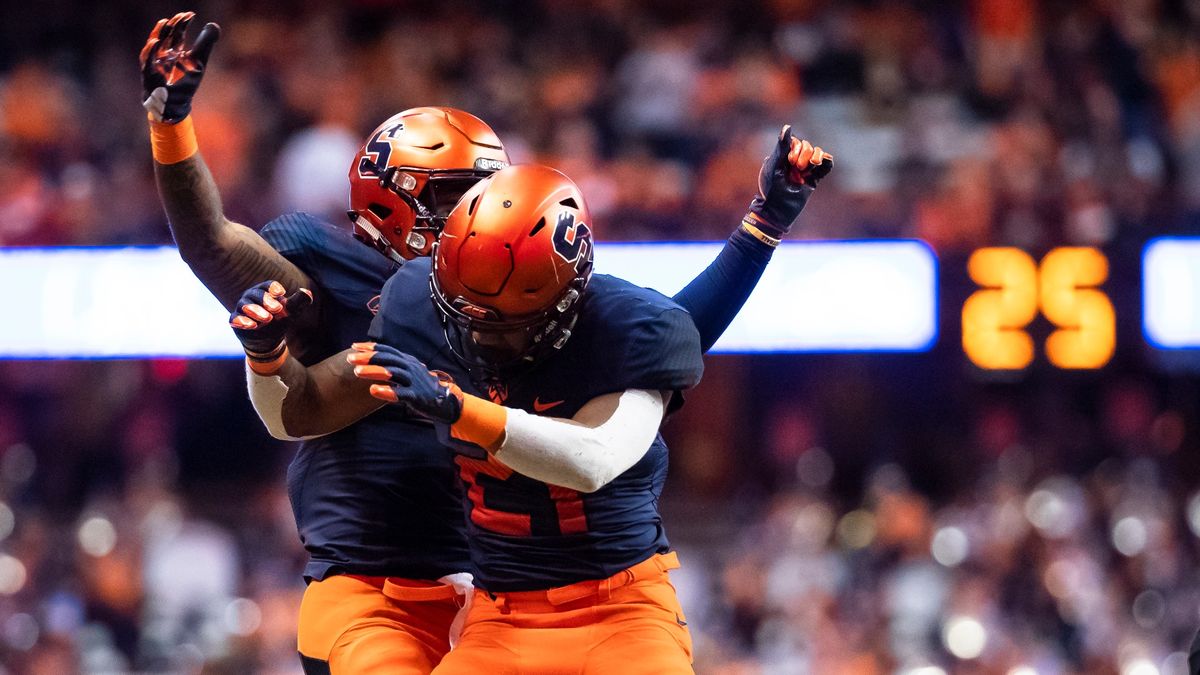


But the sportsbooks and bookmakers, they themselves learned that when they would heavily favor one team over the other, the public would have an opinion of their own. But the people within the sports betting and the gambling world are well aware and use.īut it wasn’t just the intelligent bettors who started noticing the sportsbooks’ unprofessionalism. Thus, the early usage of the word “fade” has come to be, although it would take years to accept it as an official jargon of the betting world.īecause it still is not an official term, yet everyone knows, well perhaps not, everyone since you are here reading about it. They wouldn’t always win, but the odds would have been way more in their favor than it was for the opposite side when they did. Those smart bettors started to bet against the other team and started winning. However, this brought a new kind of bettors, who were taking advantage of the mistreatment of the teams and the disparity between the values rendered for both teams.
#Fade in betting professional#
Today, the amateurs and one-time bettors usually wager on the favorite because they lack some professional opinion, and it always seems like the safest option. That, in fact, was true, and the favorites were called ”favorites” for a reason. The overreaction by the public as a result of the lineup change inflated the line, thus making the Clippers a more valuable bet.Long time ago, the very first bettors preferred the favorites: they were the ones to bring in the most value. Heavy action results and 75% of public tickets back the Lakers, who are now 10-point favorites since the line got driven up. Kawhi Leonard gets ruled out and public bettors react. The Lakers are playing host to the Clippers and are listed as 5-point favorites. When do you fade the public? When 70% of public bets are wagered on one side of an outcome, betting on the other side is a proven long-term winning strategy. With so many ways that bettors can educate themselves nowadays, it’s important to give the public the respect it deserves without establishing a universal fade strategy.īetting against the public is a commonly deployed strategy because novice bettors tend to overreact to news like injuries or suspensions. But, betting underdogs the majority of the time isn’t a proven long-term moneymaker, which is what we’re after. But, oddsmakers give underdogs more appealing odds to make them more attractive. Further, casual bettors usually bet on the favorite since they have the best chance of winning the game. So, fading the public in every opportunity isn’t logical, at least anymore. Bettors have never been smarter or more informed. While fans of a particular team tend to bet on their squad with built-in bias, in today’s day and age, there are so many resources available (including our tools here at BetQL). After all, oddsmakers are pretty impressively accurate across the industry. Since most sports gamblers lose, betting against the masses seems like it may be a profitable strategy, but it shouldn’t be employed on every single wager, but rather in pick-and-choose situations. If it was as simple as betting with the majority, we’d see a lot of millionaires cashing all over the sports betting world.


You know those lines that look too good to be true? They probably are. Remember, sportsbooks are profitable for a reason and understand that the public leans towards favorites, leans towards overs and reacts to breaking news in today’s social media age. However, it’s not a winning strategy over weeks, months or years. There’s no doubt that betting with the public can lead to short-term success.
#Fade in betting how to#
Get a full breakdown of what public betting data is and how to use it on BetQL.īetting with the public is not a viable long-term strategy. It measures the number of bet slips on both sides of a wager.In the example above (from BetQL's web platform), 68% of total bet slips (at any dollar amount) were wagered on the Mavericks (-6.5) and 32% were wagered on the Bulls. Public data tells you which side the general public is betting on.


 0 kommentar(er)
0 kommentar(er)
